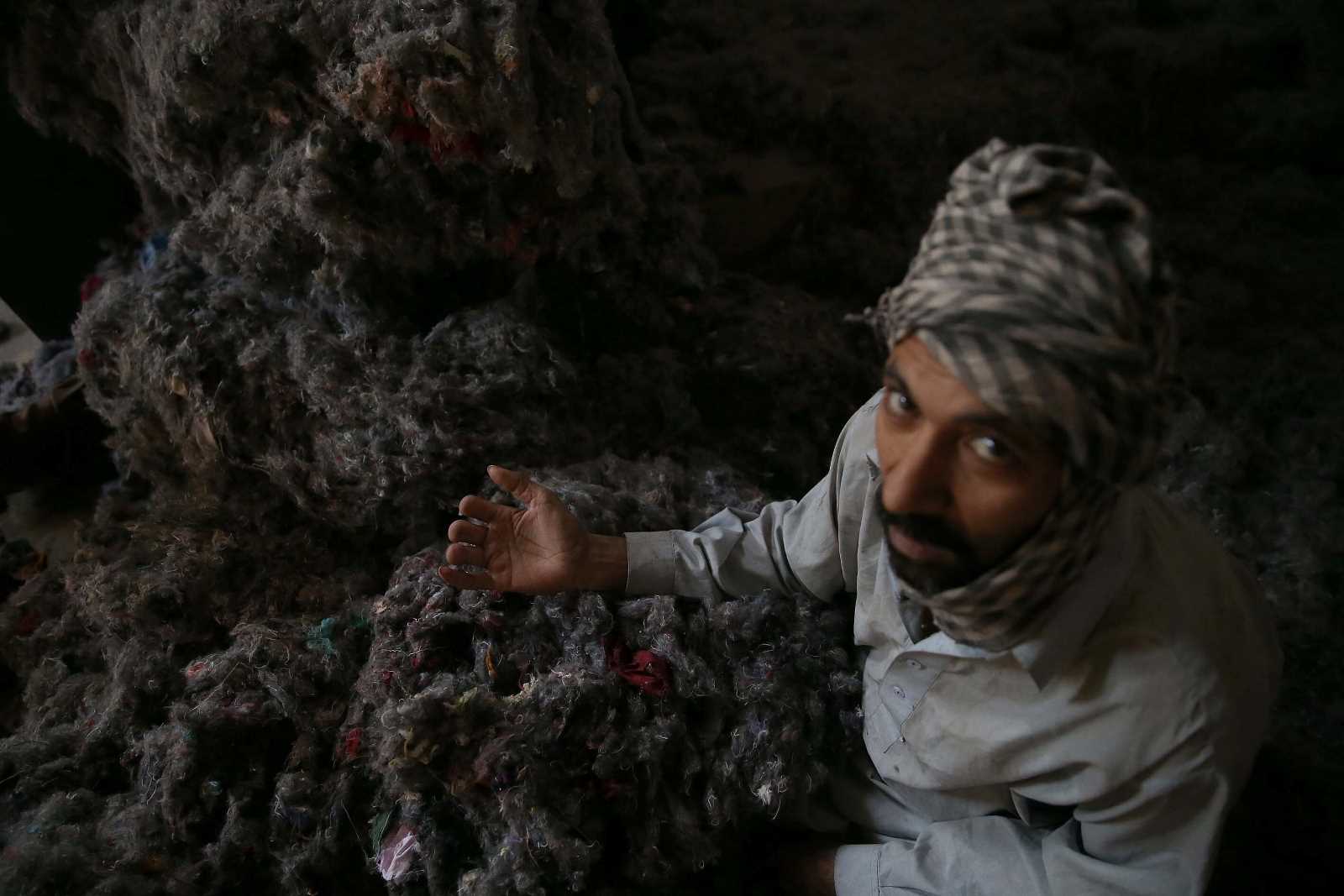Street beggars
Changing hearts and minds

None of this worked. Beggars who were forced off the streets came back as soon as the police went away. Families proved ineffective at keeping beggars at home. And handing out tools actually backfired. “At the Malawi Council for the Handicapped (Macoha), we tried to train beggars in a skill and gave them tools,” says its chairman Chiwoza Bandawe. “But they sold the equipment and returned to begging.”
As a result, begging is still widespread, typically involving children and disabled adults. According to a 2017 government study, nearly 4,000 beggars throng the streets, mainly in the major cities of Lilongwe, Blantyre and Mzuzu. About 10% are homeless. Many are handicapped and use children to help them.
Now the government, together with NGOs working with children and the handicapped, is trying a new approach: Talk to beggars and try to persuade them to take a different direction in life. The government, through the Ministry of Gender, Community Development and Social Welfare, calls the new approach a “mind-set change strategy”, says Minister Patricia Kaliati.
She spoke on the sidelines of a summit meeting with charities earlier this year focusing on how to deal with beggars. Above all, beggars need to reorient their thinking toward self-sufficiency, she says. “We need to empower them with some means of earning income, so they can sustain themselves economically.”
“We are trying to bring about a change in mind-set,” agrees Bandawe, whose organisation works closely with the ministry. “We need to engage beggars in discussion to find out what it will take for them to stay off the streets.” The strategy also involves speaking with the beggars’ families, he says.
Not everyone thinks this approach will work. Bright Sibale, a business consultant, says a comprehensive programme is required. “We need a broader approach that includes building community awareness of the problems of beggars, effective skills training for those affected, and better policing,” he says. “This needs to be done at a national level with the aim of removing beggars from the streets permanently.”
Raphael Mweninguwe is a freelance journalist based in Malawi.
raphael.mweninguwe@hotmail.com













